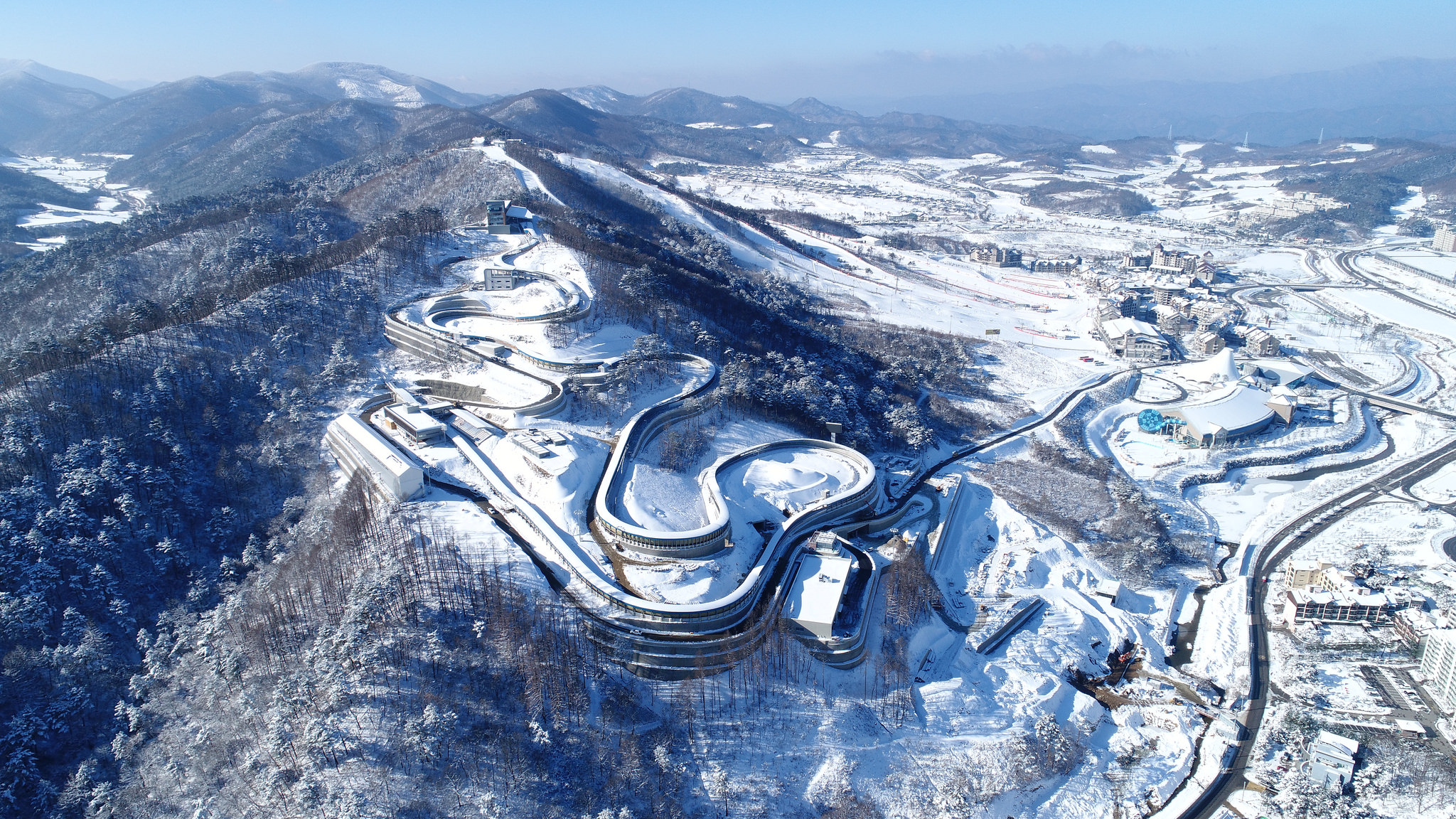Special to WorldTribune.com
UNITED NATIONS — The Olympic Games should be entirely about sport, sportsmanship and solidarity. Yet they rarely are.
Every four years the athletes of the world, or at least most of them, meet in an exotic locale plagued by political controversy, cost overruns, corruption, and doping concerns. The upcoming Winter Games in PyeongChang, South Korea bring the Games to a whole new level given the looming threat from nuclear North Korea.
For South Korea it’s déjà vu all over again to quote a New York sports legend. Back in 1988, in the nervous countdown to the Seoul Summer Games, South Korea was on edge.

Despite meticulous preparations for what would become the last Olympiad during the Cold War, (of course we didn’t know that then), most sporting venues in metro Seoul were dangerously close to North Korea.
Needless to say geography has not changed and the PyeongChang Games in the beautiful mountains again is just fifty miles from the DMZ; a little too close for comfort given the political climes.
When I visited the Olympic sites in Seoul on the eve of the 1988 Games, the big political story was how South Korea was wooing its enemies and North Korea’s old comrades in both Moscow and Beijing to send its athletes to participate. The point was that if the Soviets and their East Bloc buddies and China would partake in the Games, North Korea’s mercurial dictator would not dare attack.
North Korea was invited too but did not show in a fit of pique.
The plan worked. The Soviets, China and the East bloc were all there and would subsequently open commercial and eventually diplomatic ties with The Republic of Korea. Equally on the domestic front, the still authoritarian South Korean government allowed for a political decompression which led to democratization. In my opinion, South Korea’s open democracy was one of the winners in the post-Olympic era.
The Seoul Olympiad presented a stunning sporting and indeed political success for South Korea; it put the country on a global stage from where it has excelled ever since. National pride and accomplishment were on the podium for all to see.
Many of the players back in Seoul 1988 and PyeongChang 2018 have not changed. Sadly the Korean nation is still divided South/North and a thaw in the glacial political freeze doesn’t look likely. The communist Kim dynasty now has nuclear weapons, and has threatened to use them.
During yet another UN Security Council meeting on the North Korean missile firings, French Ambassador François Delattre bluntly stated that the North Korean menace has evolved from a regional threat to a global one. Hardly a welcoming setting for the world’s athletes.
A comment by U.S. UN Amb. Nikki Haley initially cast doubt whether Team USA would participate in PyeongChang. She said, “There’s an open question” about whether the U.S. Team would go in light of the security situation. After the initial confusion over the Ambassador’s remarks, official Washington went into damage control mode to assure the Koreans that American athletes will be there.
Lee Hee-beom, Chair of the PyeongChang Winter Games hopes to see North Korean athletes participate in the February games. Lee told Seoul’s Yonhap news agency, “The IOC’s position is that as long as North Korean athletes want to participate in the PyeongChang Games, it will work with international sports federations to make sure the athletes will be there,” he said.
The International Olympic Committee (IOC) has invited the North Korean Team.
So the anxious countdown to the Games between Feb. 9th – 25th continues. IOC President Thomas Bach met with North Korea’s Olympic team chief in Lausanne, Switzerland, in a bid to break the logjam. Equally there’s intense behind-the-scenes diplomatic action to ensure the Winter Games come off smoothly and safely as they did back in 1988.
Due to doping concerns, the IOC has formally banned the Russian Team but most other countries are expected to attend. Naturally cajoling North Korea remains a real hurdle for the organizers as presumably this would assure a safe venue. And hopefully Russia (who successfully hosted the 2014 Sochi Winter Games) won’t try to get even with PyeongChang for being banned.
The UN General Assembly passed a resolution calling for an Olympic Truce and expressed the expectation that the PyeongChang Games “will serve to advance peace on the Korean Peninsula and in Northeast Asia.” Indeed, the Seoul government strives to make the Winter Games the “Olympics of Peace.”
The main thing PyeongChang’s organizers should worry about is enough snow, not about security.
John J. Metzler is a United Nations correspondent covering diplomatic and defense issues. He is the author of Divided Dynamism the Diplomacy of Separated Nations: Germany, Korea, China (2014). [See pre-2011 Archives]

